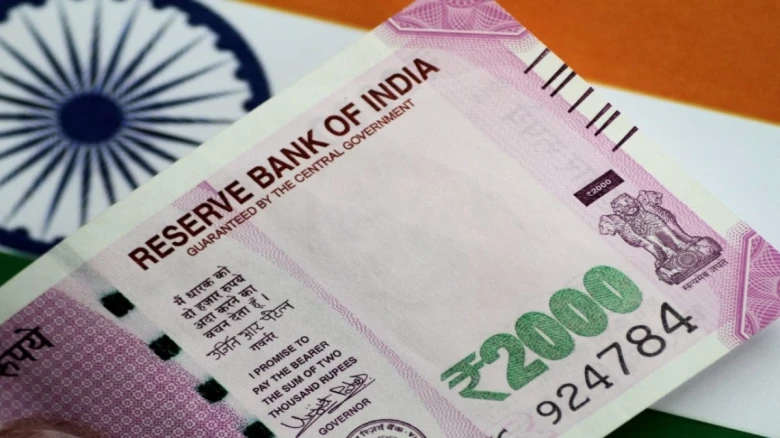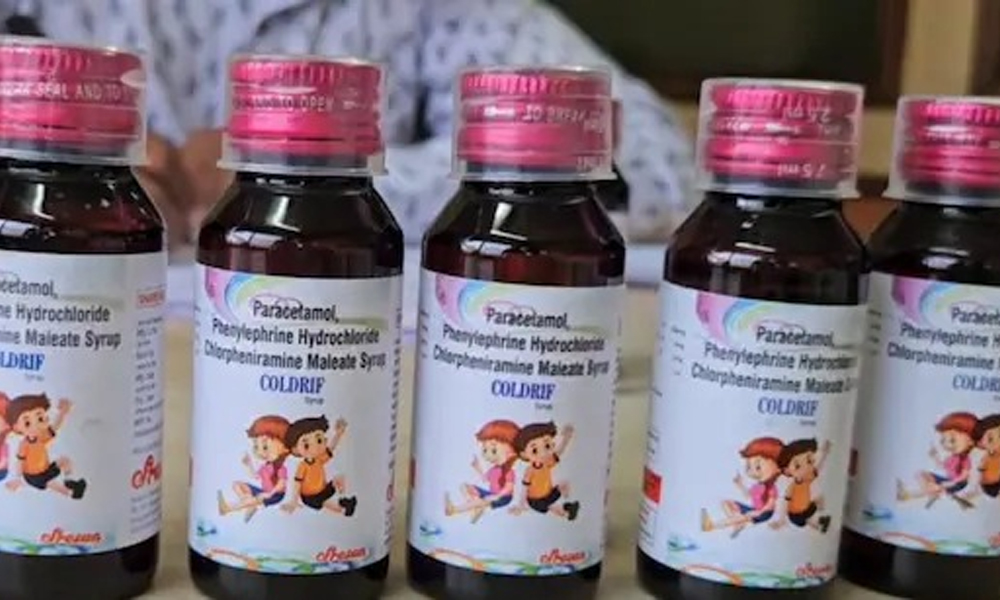The central bank further stated that beginning May 23, exchanges of Rs 2,000 notes into notes of other denominations can be made up to a ceiling of Rs 20,000 at any branch, in order to maintain operational ease and avoid disruption of ordinary business.
Digital
Desk: A month after announcing the withdrawal of Rs 2,000 notes from
circulation, the Reserve Bank of India (RBI) announced on Saturday that 72% of
the pink notes (about Rs 2.62 lakh crore) have been deposited or exchanged in
banks.
On
May 19, the Reserve Bank of India announced the withdrawal of Rs 2,000 notes
from circulation. The RBI, on the other hand, has advised citizens to swap them
at banks by September 30.
The central bank further stated that
beginning May 23, exchanges of Rs 2,000 notes into notes of other denominations
can be made up to a ceiling of Rs 20,000 at any branch, in order to maintain
operational ease and avoid disruption of ordinary business.
The RBI stated in a circular issued last month,
"In accordance with the Reserve Bank of India's Clean Note Policy, it has
been decided to withdraw the Rs 2,000 denomination banknotes from
circulation." Banknotes in the denomination of Rs 2,000 shall remain legal
tender."
The RBI stated in a notification that around 89% of
the Rs 2000 denomination banknotes were issued prior to March 2017 and have
reached the end of their expected life-span of 4 to 5 years.
"To complete the exercise in a time-bound manner and to provide adequate time to members of the public, all banks shall provide deposit and/or exchange facility for Rs 2,000 banknotes until September 30, 2023," the bank of banks noted.
























